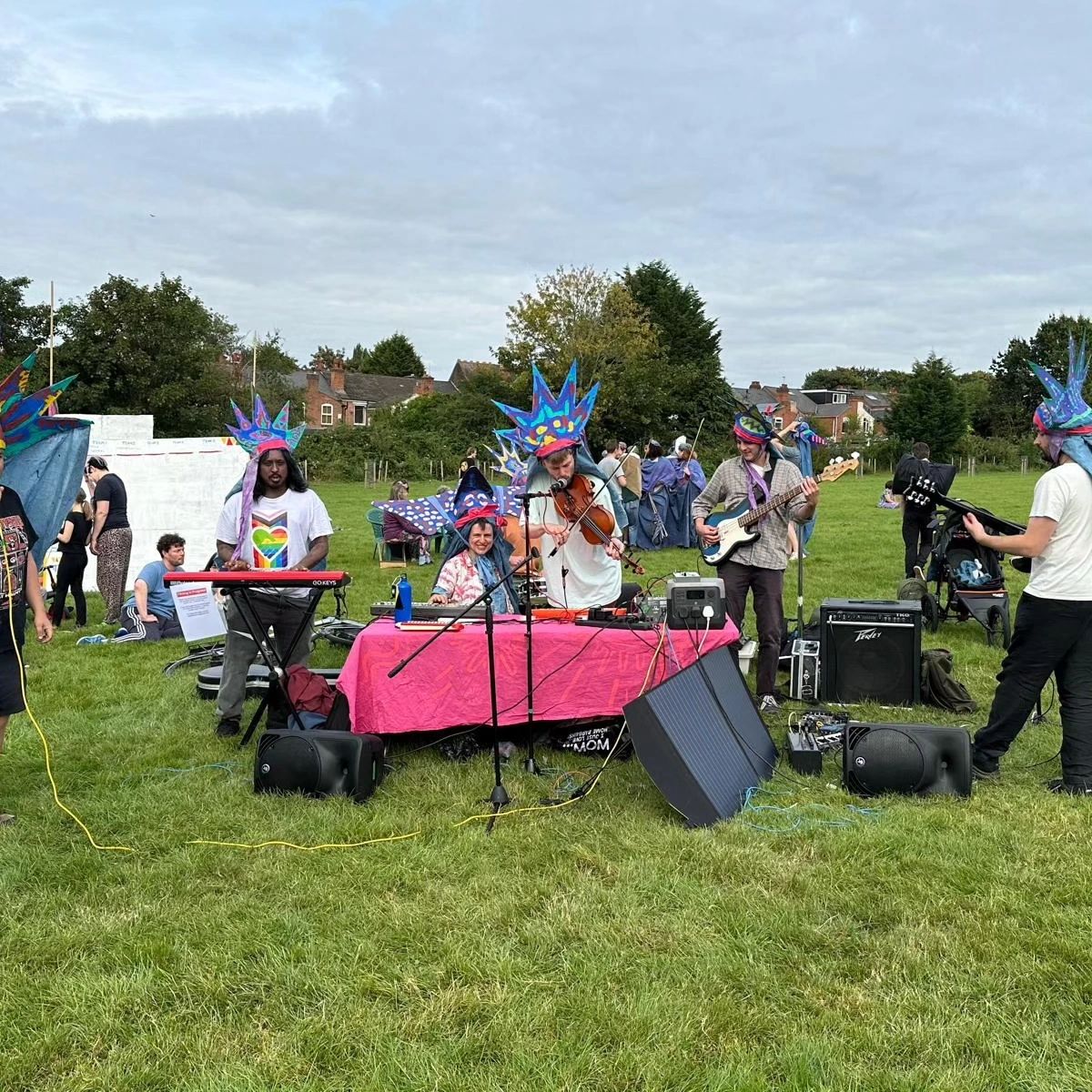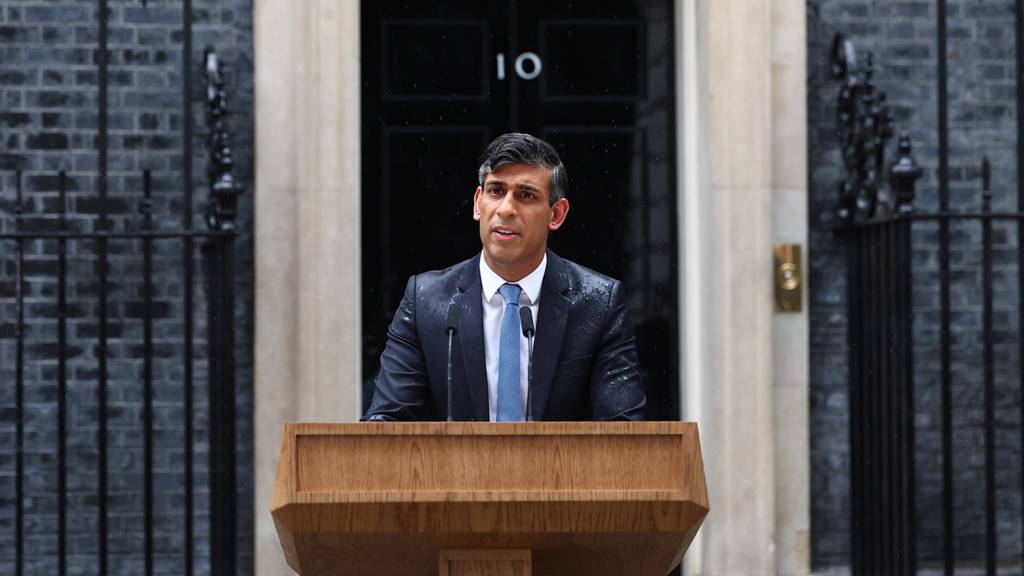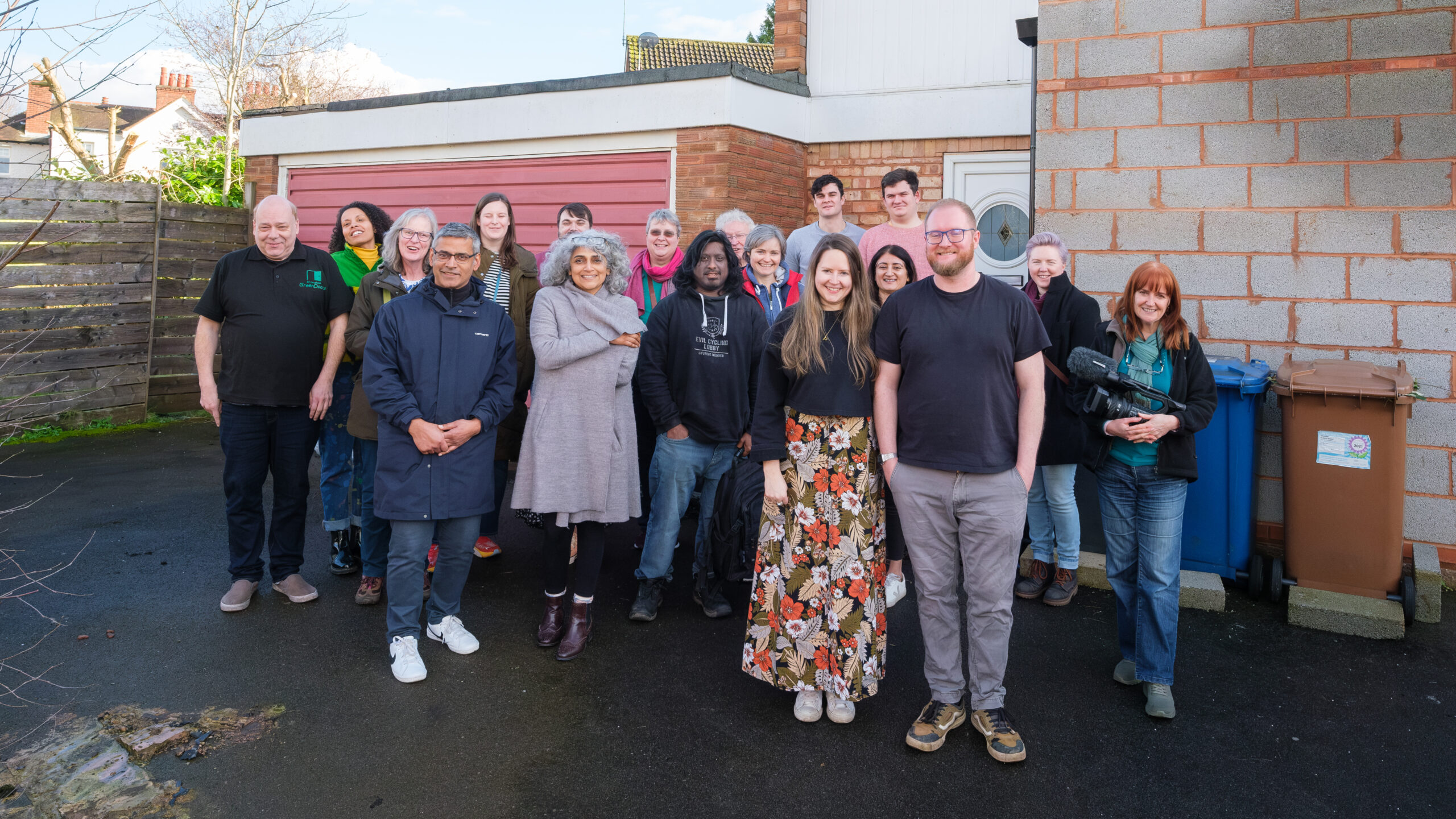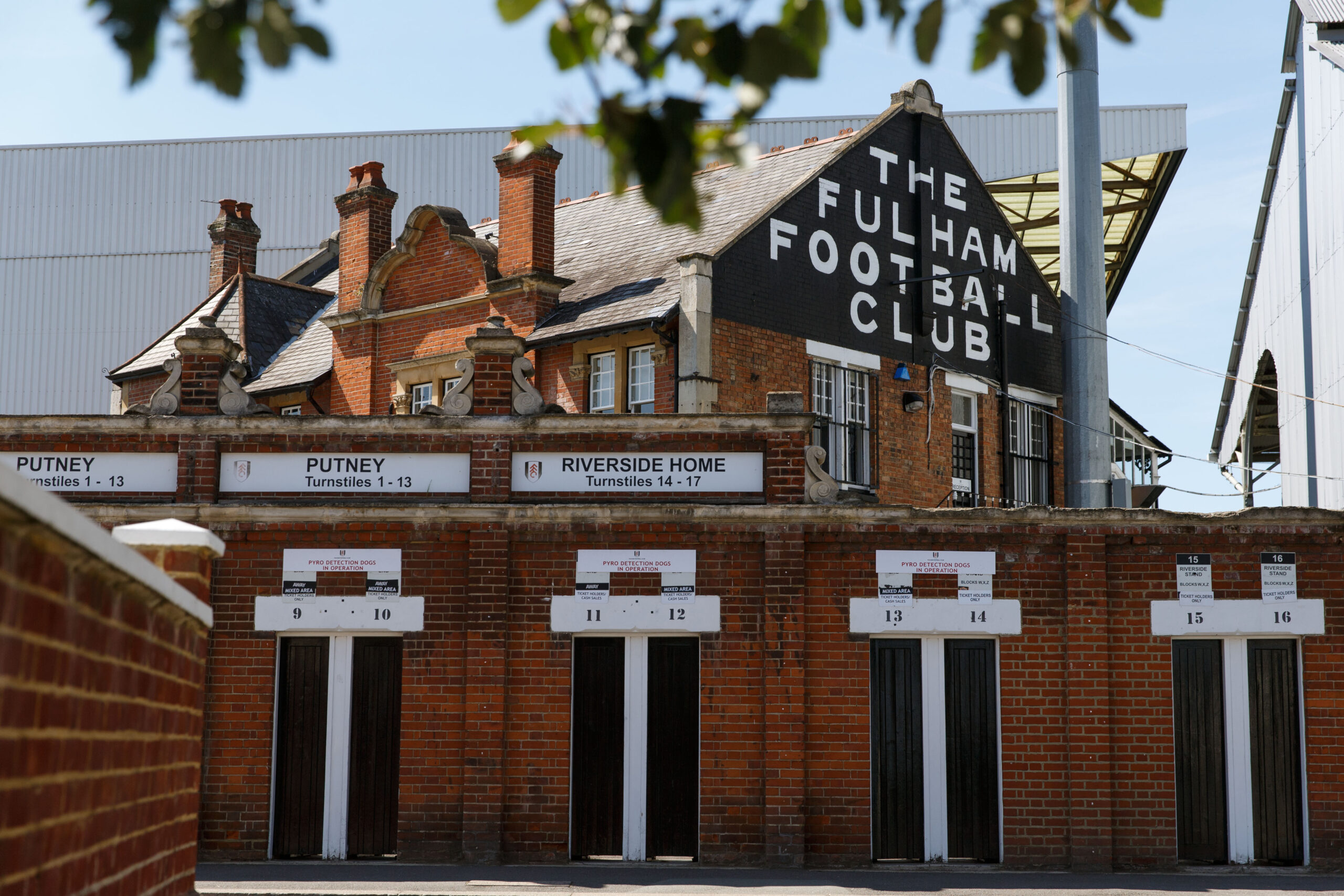Recently car parking has been in the headlines. Covid 19 has seen NHS staff receive free parking. This period of free parking looks like it will come to an end for most NHS staff. Predictably there has been an outcry and cries of injustice about this matter. Free parking is considered a universal right by many without considering the societal and economic costs of prioritising free parking for car drivers over people without cars. NHS workers are underpaid and deserve a pay rise. They don’t need clapping on a Thursday evening, they need to be paid a better wage that represents their skills and experience. However, free Car Parking is a regressive policy that helps on average, the affluent at the expense of those without a car.
Here’s an anecdote. About six years ago I had to get physio from Heartlands Hospital for my back and my shoulder. I’d drive to the hospital and then drive from there to work. The first couple of times I’d park on a side road near the hospital. It would take me ages to find somewhere that I could park and then it would be a near half hour walk to the physio room. I didn’t park in the Hospital Car Park because I would have had to pay. At the end of one physio session I thought that why am I avoiding paying to park? For the sake of a couple of pounds I could park five minutes away from the physio in a secure car park. I thought about how the Car Park must have cost a lot of money to build. It also costs to maintain and repair. For every session of physio I had afterwards at Heartlands I happily paid to park. From that day on I stopped resented paying for parking. If there is convenient and safe parking I am happy to pay for that as I understand that even if parking is free at the point of use, somebody, somewhere is paying a price.
In another blog post that I’d written I wrote that High Streets are better off when car parking is removed. Our obsession with cars and car parking is damaging our cities. To bring this back to the issue of the NHS free car parking. Before Covid 19, most members of Staff would have to pay to park on Hospital Car Parks. In December 2019 the Government announced that there would be some exceptions who would get free car parking, including those who work night shifts and blue badge holders. I agree with these exceptions as those with specific circumstances or vulnerabilities need extra support.
“The High Cost of Free Parking”
In March 2020 the Government said that it would take on the costs associated with NHS parking due to the Covid pandemic. That period of time looks to be over. When we say that the Government was paying these costs, what that really means is that the tax payer has to. As mentioned earlier there are significant costs to Car Parks, from construction to maintenance and repair. Even from a land use perspective. In 2005 Professor Patrick Shoup detailed the costs involved in provided free parking in his book “The High Cost of Free Parking, which has been summarised in this youtube video.
The land could be used for other things, like treating patients. The issue is when car parking is free then the NHS trust has to pay for it. It’s well known that NHS budgets are being stretched beyond breaking point from ten years of austerity. I don’t think that subsidising free parking, taking valuable resources from other areas if a good policy to have. I believe that those using the car parking should contribute to the costs involved.
Cars are for the affluent
One thing that is often missing from this debate is that car drivers are assumed to be the default. What this results in is that car drivers have a disproportionate level of power and influence at the expense of everybody else. The Office for National Statistics state that in 2018 22% of households had no access to a car. In the 10% of households with the lowest incomes only 35% of these people had access to a car. In the households with the highest 10% of incomes, 93% of households has access to a car. Considering housing; 89% of Homeowners had access to a car, compared to 46% of those who live in Social Housing.
What these statistics demonstrate is that car ownership is for the affluent. The poorest are much less likely to own a car, because car ownership is expensive. When you consider, insurance, petrol, maintenance, MOTs and services. We shouldn’t be providing those who on average more affluent an additional subsidy. When we subsidise free car parking, we are pushing the costs onto others. In the case of the NHS, we push the costs onto overstretched NHS trust budgets.
Another thing to consider is what about those that don’t travel to work by car? Free Car Parking is a subsidy for the affluent. A Cleaner is less likely to drive than a Consultant. What about those that get public transport? Or walk or cycle? When free car parking is provided those that are likely to be affluent are allocated resources at the expense of everybody else. NHS staff don’t get free Bus Passes? Cyclists don’t get free bike repair vouchers?
Reshaping our society away from car dependence
We know that designing our societies, especially our towns and cities is having a disastrous affect on our health, from air pollution to obesity. From congestion to people being killed in car crashes. Incentivising Car Parking by making it free makes these societal problems worse. What we should do is incentivise the use of public transport, in the long term. Give bus users discounted bus passes, create cycle lanes to make it easier to cycle to work like this example in Leicester. Provide plentiful cycle parking for free! E Bikes can make longer commutes within cities viable without cars. The majority of people who work in NHS hospitals, live close enough to commute without a car. Those that choose to drive, should contribute to the costs involved. We should be redesigning our society to make it much easier to commute without having to use a car.
The featured image is of Longbridge Centre and has nothing to do with the NHS








